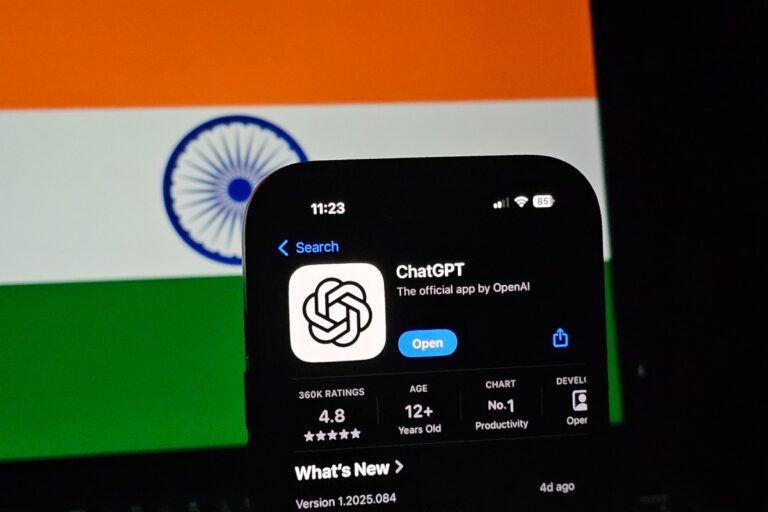Pixel Watch 3 to Introduce ‘Loss of Pulse Detection’ Feature in the US This March!
Google is making headlines with the recent announcement that it received FDA clearance for the Pixel Watch 3’s innovative Loss of Pulse Detection feature. This groundbreaking functionality is set to launch in the U.S. at the end of March, enhancing the health-monitoring capabilities of this smartwatch.
What is the Loss of Pulse Detection Feature?
The Loss of Pulse Detection feature is designed to identify when a user’s heart stops beating due to critical incidents such as:
- Primary cardiac arrest
- Respiratory failure
- Circulatory failure
- Overdose or poisoning
When a potential loss of pulse is detected, the watch will prompt the user with a question about their well-being. If the user does not respond, the watch can automatically dial emergency services, potentially providing life-saving assistance.
Global Rollout and Development
This feature first debuted in the European Union in September 2024 and has since been made available in 14 countries. Google introduced this feature during last year’s Made by Google event, highlighting its reliance on a combination of physiological data and motion analysis, powered by advanced AI algorithms.
Important Safety Considerations
Despite its innovative design, Google emphasizes that the Loss of Pulse Detection feature has limitations:
- It may not detect every instance of a loss of pulse.
- It is not intended for individuals with preexisting heart conditions.
- It does not diagnose or treat medical conditions or provide follow-up care.
- Emergency calling features depend on the device’s battery life and cellular connectivity.
Additional Safety Features of Pixel Watch
The Loss of Pulse Detection feature enhances the existing safety and health functionalities of the Pixel Watch, which include:
- Car Crash Detection
- Fall Detection
- Irregular Heart Rhythm Notifications
- Electrocardiogram (ECG) app
For more information on the Pixel Watch and its features, visit the official Google Store or check out their support page.
Stay tuned for further updates as Google prepares to introduce this life-saving technology to U.S. users!






